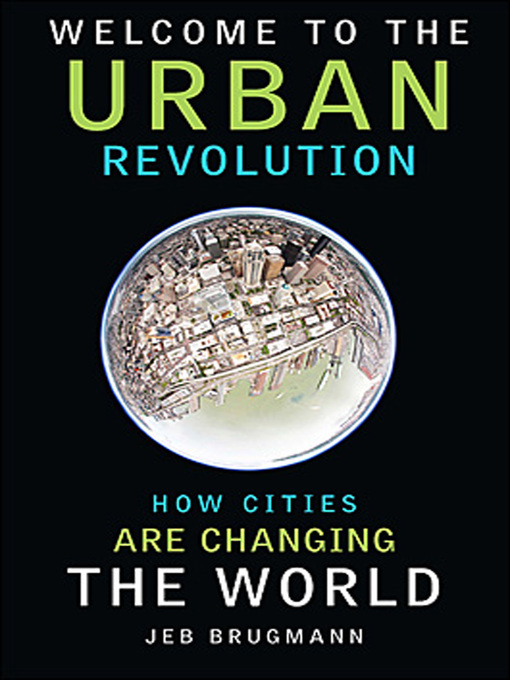With more than half the world now living in cities, internationally recognized urbanologist Brugmann argues that we need to take note of that fact and its social, economic, and ecological implications to develop an "urban strategy." This goes way beyond globalization. The urbanization of nations demands are examination of how resources are used for good or ill. Drawing on two decades of field research, Brugmann profiles several cities for best lessons on the peculiarly urban advantages of density, scale, association, and extension. Among the cities he examines: Bangalore, India, a "world-changing" city with high-tech industry and fiber-optic infrastructure; the Dharavi sector of Mumbai, a dense city built on a marsh by poor migrants, that despite its vibrancy is threatened with "slum clearance" by developers; Detroit, faltering into an urban prairie state after generations of racialized neglect; and Chicago, an example of a strategic city making use of its resources, including community groups, with smart planning for the future. Brugmann argues that the spread of threats from SARS to subprime mortgages could have been contained with better understanding of the urban conditions that created the problems. If we want a sustainable future, cities—and nations—need to use the natural advantages of urban areas with an eye toward how citizens (corporate and individual) actually use and misuse those advantages. Totally fascinating. — Vanessa Bush, Booklist
- Available now
- New eBook additions
- New kids additions
- Most popular
- Magazines
- Try something different
- See all ebooks collections
- Available now
- Newly Added Audiobooks
- New kids additions
- New teen additions
- Most popular
- Audiobooks for Finding Peace & Happiness
- Try something different
- See all audiobooks collections
- Magazines
- Celebrity & Gossip
- News & Politics
- Food & Wine
- Health & Fitness
- Sports
- Travel & Outdoors
- Women's Lifestyle
- Canadian Magazines, Eh!
- See all magazines collections

